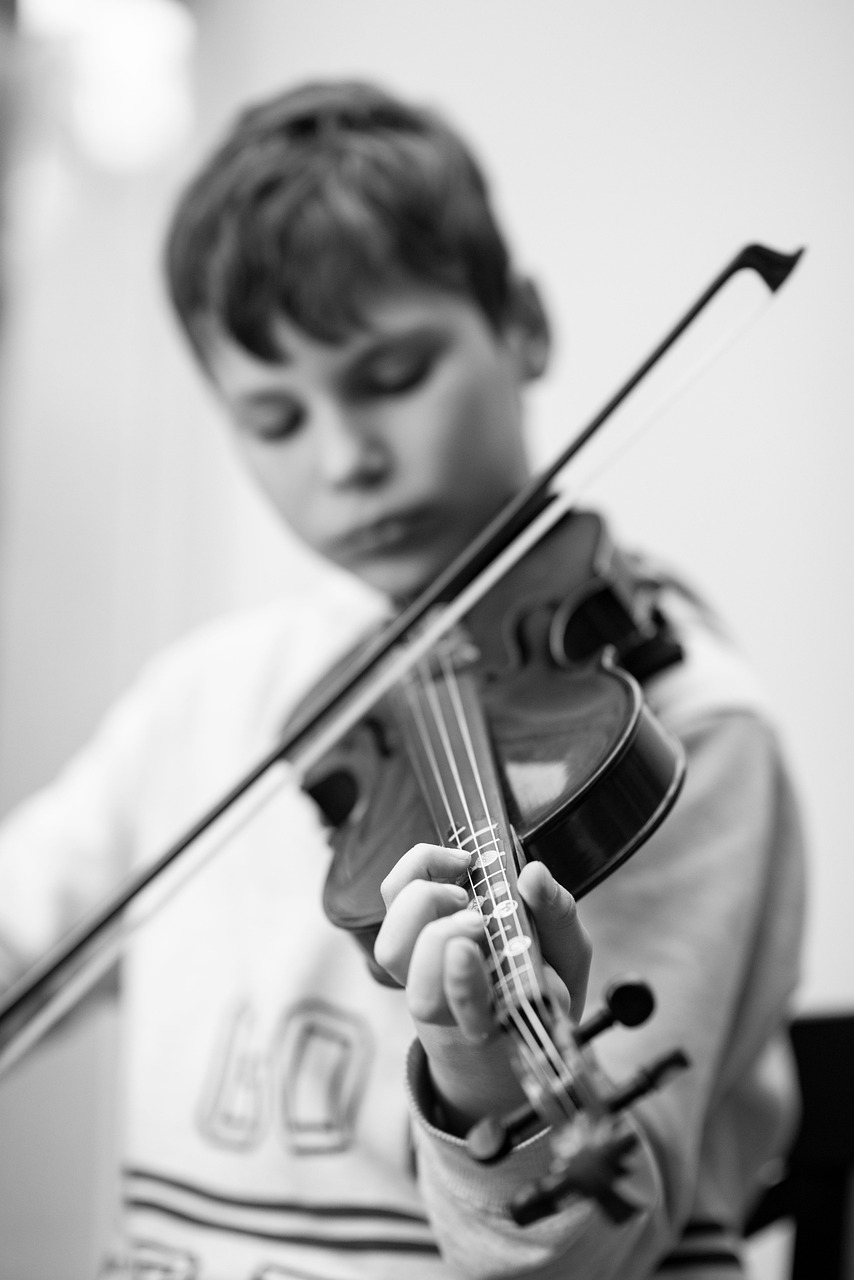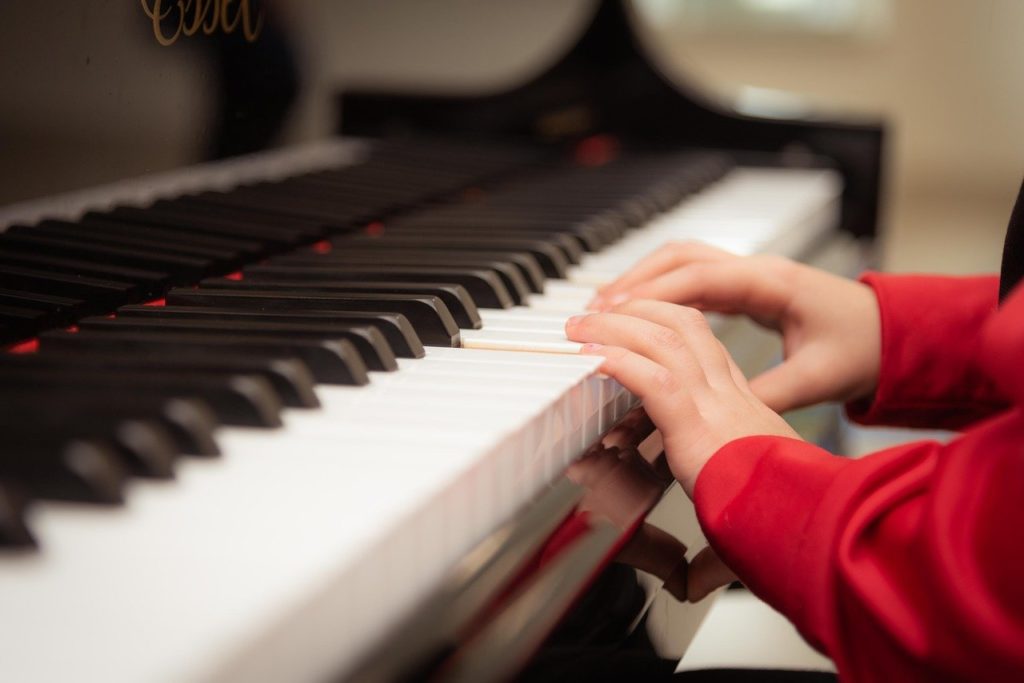Music is everywhere – from myriad streaming apps to live concerts, music is an infectious feeling in which kids just love. Encouraging a love of music and learning to play an instrument in the early years has numerous benefits from teaching patience to boosting self esteem. However, learning to play an instrument doesn’t mean sitting in a music class and learning the names of a few instruments and trying a few out. Learning to play an instrument means really engaging with music actively and it takes both patience and commitment. As your child starts to reach their goals, they will feel a sense of achievement and accomplishment and what starts as a hobby can turn into an impressive life skill.
Being able to play a musical instrument also opens up numerous opportunities throughout a child’s lifetime, from school recitals to joining a band to meet new friends in their university years or just entertaining your family on a Sunday afternoon, the possibilities of musical joy are endless.

Reasons Why Your Child Should Pick Up an Instrument
Brain Development
Perhaps the most rewarding benefit for parents is that playing musical instruments sparks brain development. Neuroscientists have found that reading and following musical instructions is key for brain development in young children. More specifically, playing music stimulates the areas of the brain that operate sound, language and speech. Children’s rapidly developing brains learn to listen carefully for notes and pitch, which results in them listening more carefully to explanations and being more focused and attentive learners.
Playing any instrument requires the brain to work at advanced speeds and research has shown that those who play instruments have improved hand eye coordination and develop better academic results. Your child’s fingers, used to strum a guitar or to play the piano, send signals to the brain for processing, and the more they practice, the more secure these signals become. Similarly, when children learn to read music, this visual information gets sent to the brain to speed up processing. This process is similar to how language stimulates new areas of brain development.
Emotional benefits
The emotional and mental health benefits a child can gain from acquiring a musical instrument are likely to better strengthen a child’s character through tenacity and responsibility. Listening and responding to music stimulates the way the brain processes emotional responses and children may learn empathy from an early age.
Much research has been done on how feeling part of a team by being in a band or choir can positively affect children’s mental health through teamwork and collaboration skills. In the same way, playing an instrument can also be used as an effective emotional coping strategy. Many of the best lyrics have been written trying to mend a broken heart!

Patience and tenacity
Learning to play a musical instrument doesn’t come easy, it requires hours of practice and dedication. By internalising this skill from a young age children learn the crucial skill of patience. The concept of working hard and not giving up, failing and then trying again in order to achieve goals encourages tenacity and commitment and are important life skills learnt through mastering an instrument. Setting personal goals and dedicating valuable time towards achieving that goal creates both independence and responsibility from a young age.
Belief in yourself
Learning to play an instrument provides children a safe space to practice and fail in, the skills of acknowledging feedback in order to make necessary adjustments and a sense of belief in themselves as they start to see a positive outcome. By playing an instrument, the confidence that is created isn’t only towards their musical time, but hopefully in their daily lives.
When a child can see their hard work and progress paying off, their confidence and self esteem will be boosted as they finally feel their sense of achievement. Maybe picking up an instrument can encourage your child to take a huge leap of faith in order to do something out of their comfort zone and act as a catalyst to boost their overall confidence.
Whatever the reason your child has to learn to play an instrument or whatever instrument they choose, from their own voice to a harp or trumpet, it’s a good idea to bring music into their life. Let them experiment with many different types of instruments until they find what suits them best. Being able to play an instrument is fun and that is the important factor!















